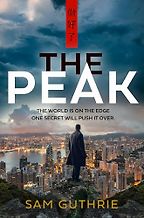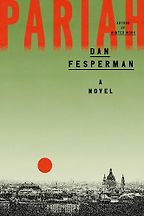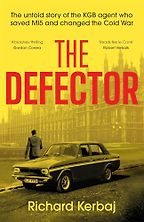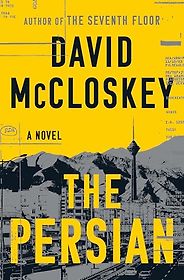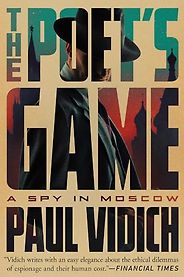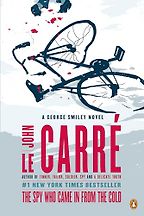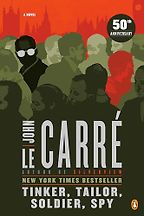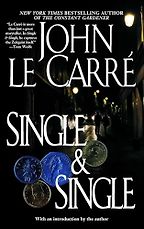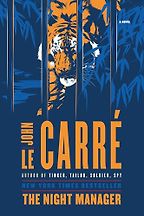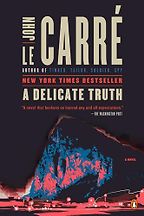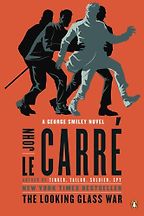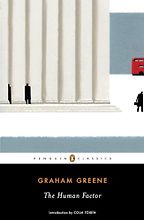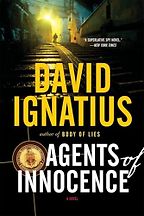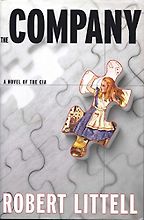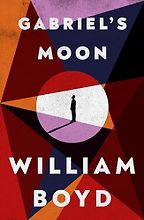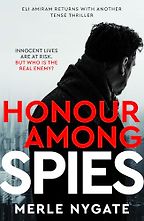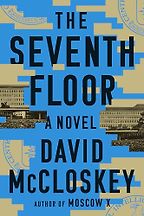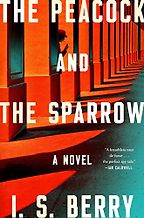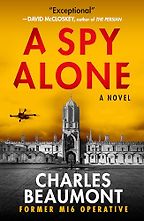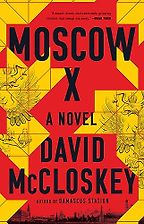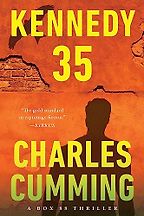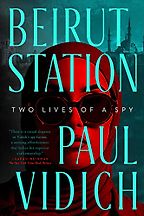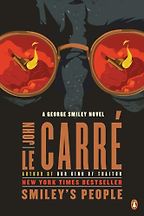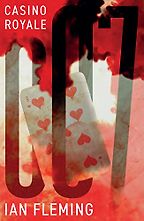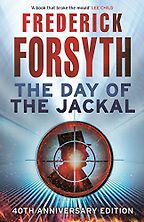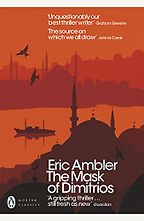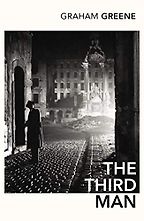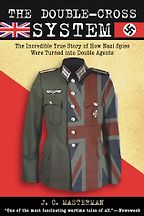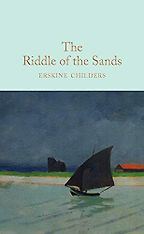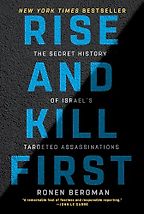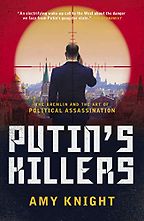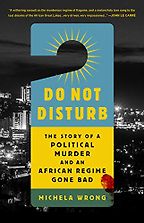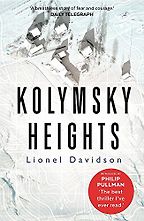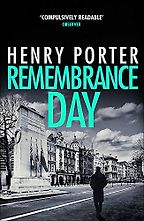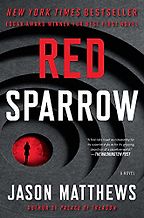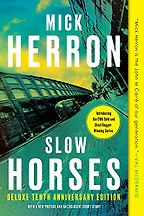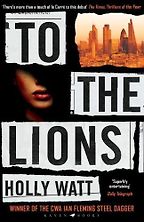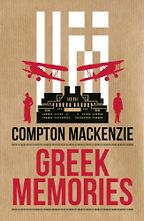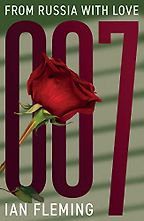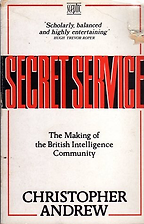The Best Spy Books
recommended by former spies, spy novelists and historians
Last updated: January 07, 2026
If you're into espionage (well, reading about it anyway), we've interviewed quite a few experts on the best spy books. This is a genre where the dividing line between fiction and nonfiction blurs, as former spies write novels based partly on their experiences (e.g. the brilliant Damascus Station by former CIA analyst David McCloskey) and nonfiction accounts can read like thrillers (e.g. The Spy and the Traitor by journalist Ben Macintyre, the nailbiting story of KGB colonel and British double agent Oleg Gordievsky).
The Best Spy Books of 2025, recommended by Shane Whaley
2025 was another bumper year for spy novels, says Shane Whaley, host of Spybrary—the go-to podcast for lovers of spy books and movies. He talks us through his five favourite standalone books published this year, from a realistic novel about a duel between Mossad and Iran’s security apparatus, to a nonfiction book about a Cold War defector that reads like a thriller.
The Best John le Carré Books, selected by Nick Harkaway
John le Carré—often credited as the best spy novelist of all time—wrote 26 books over the course of his career. We asked Nick Harkaway, his son and the author of Karla’s Choice (the best spy thriller of 2024, according to our interview with spy book expert Shane Whaley), to select the five best John le Carré novels: from the Cold War espionage stories that made his name to more contemporary thrillers set in a world of international crime syndicates.
Spy Novels Based on Real Events, recommended by Charles Beaumont
James Bond novels may be a lot of fun to read, but as a depiction of life as a spy, they are pure fantasy. Novelist and ex-spy Charles Beaumont recommends five brilliant novels based on true events—and the manipulation and dishonesty that lie at the heart of espionage work.
The Best Spy Novels of 2024, recommended by Shane Whaley
From a novel about the murder of Congolese leader Patrice Lumumba to the latest John le Carré novel, from a Mossad agent in London to the hunt for a traitor at CIA HQ in Virginia, Shane Whaley, host of Spybrary—the podcast for lovers of spy books—talks us through his best spy novels of 2024.
The Best Spy Thrillers of 2023, recommended by Shane Whaley
2023 was a fabulous year for spy thrillers, with some fans saying there hasn’t been a year like it since the 1970s, says Shane Whaley, host of the Spybrary podcast. He picks out five of his favourites from the year, all works of fiction that nonetheless give a sense of what it’s like to work as a spy.
Five Classic European Spy Novels, recommended by Patrick Worrall
From a noir novel by Eric Ambler set in 1930s Europe to some of the great spy thrillers of the post-World War II era, British novelist Patrick Worrall, author of The Exile, talks us through five of his favourite espionage novels.
The best books on Spies, recommended by Ben Macintyre
The British public-school system, with its hidden homosexuality and feelings of loneliness, encouraged subterfuge and led to a generation of great spy writers and spies, suggests author and journalist Ben Macintyre. He picks the best books on spies.
-

1
Predatory States: Operation Condor and Covert War in Latin America
by J. Patrice McSherry -

2
Rise and Kill First: The Secret History of Israel's Targeted Assassinations
by Ronen Bergman -

3
Putin's Killers: The Kremlin and the Art of Political Assassination
by Amy Knight -

4
Do Not Disturb: The Story of a Political Murder and an African Regime Gone Bad
by Michela Wrong -

5
When States Kill: Latin America, the U.S., and Technologies of Terror
by Cecilia Menjívar & Néstor Rodríguez
The best books on State-Sponsored Assassination, recommended by Luca Trenta
The best books on State-Sponsored Assassination, recommended by Luca Trenta
Political assassinations are usually portrayed in the media as the actions of rogue states acting recklessly, outside the bounds of international law. But it is far more common than you might think, says Luca Trenta—international relations expert and the author of The President’s Kill List. Here, he recommends five books on state-sponsored assassinations and explains how different countries have justified, denied or redefined the practice.
The Best Post-Soviet Spy Thrillers, recommended by Charles Cumming
With the end of the Soviet Union, many thought the spy novel was dead. Within a decade, it was back, with old antagonists back in different guises and a new raft of international flashpoints to keep both fictional and real-life spies busy. Here, British spy novelist Charles Cumming, author of more than ten books, recommends five key post-Soviet spy thrillers and explains how the genre has evolved since the fall of the Berlin Wall.
The best books on The Secret Service, recommended by Keith Jeffery
The author of the only authorized history of MI6, Keith Jeffery, tells us about the evolution of the secret intelligence services, their representation in fiction, and the man Fleming may have had in mind when he created James Bond


